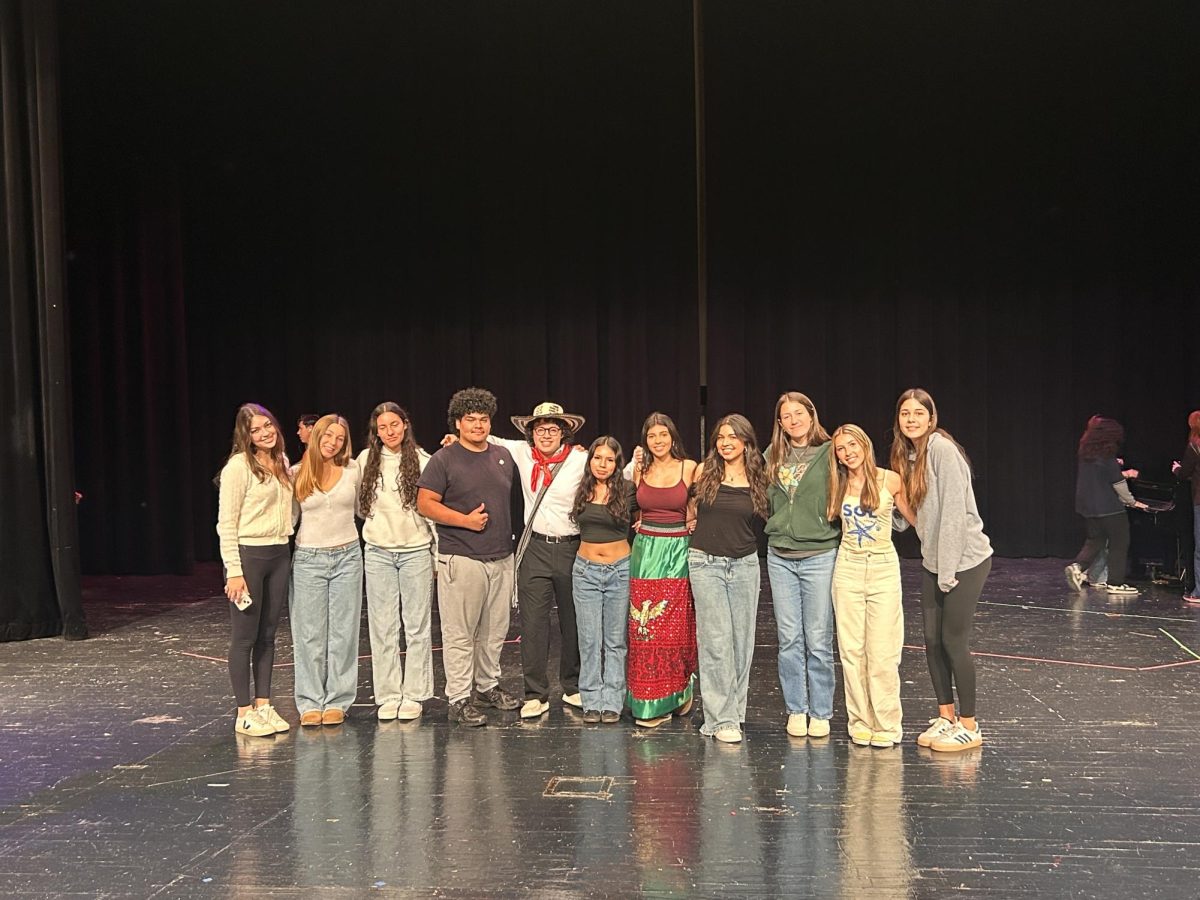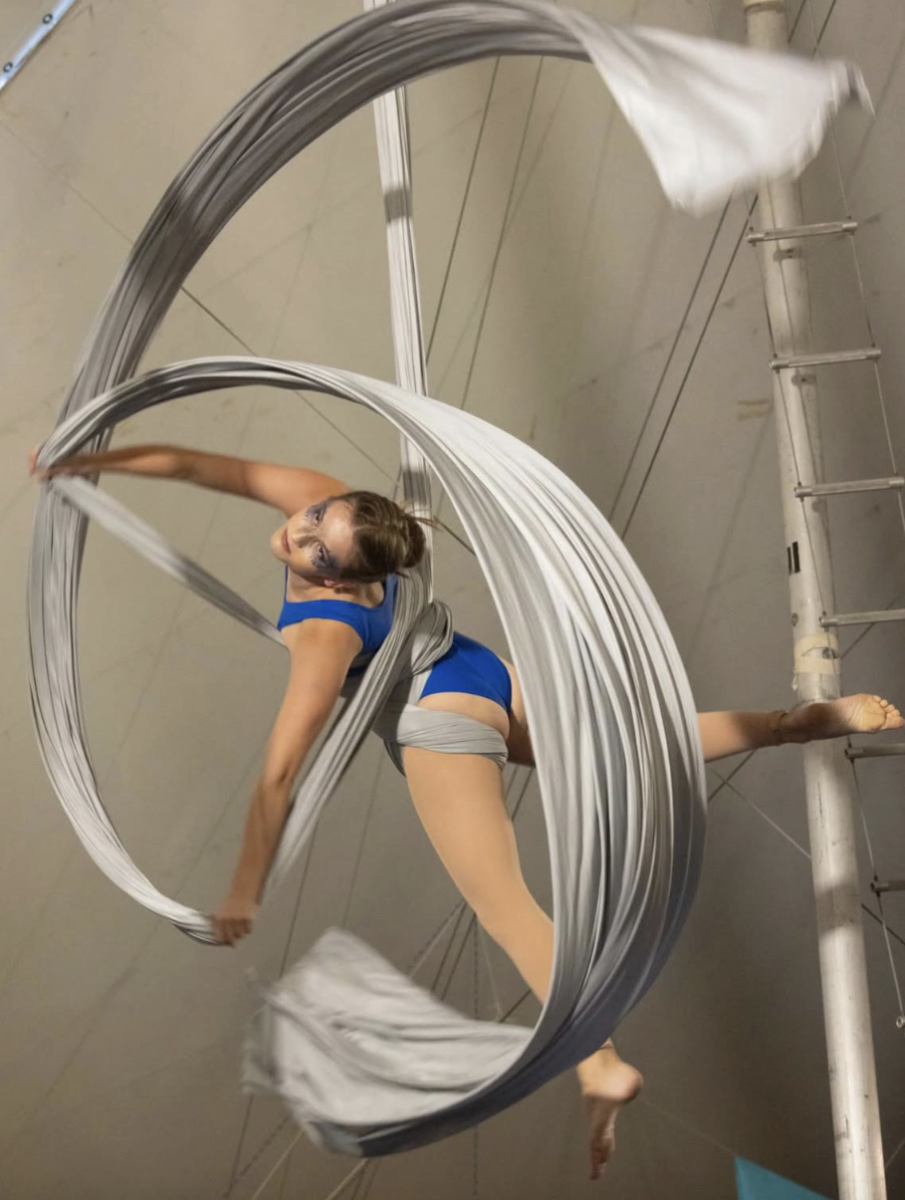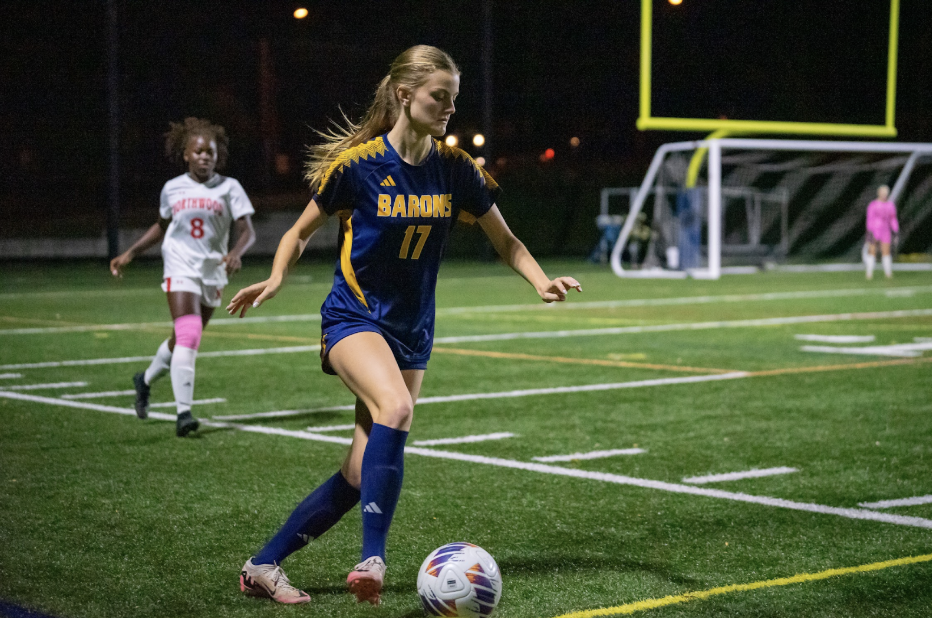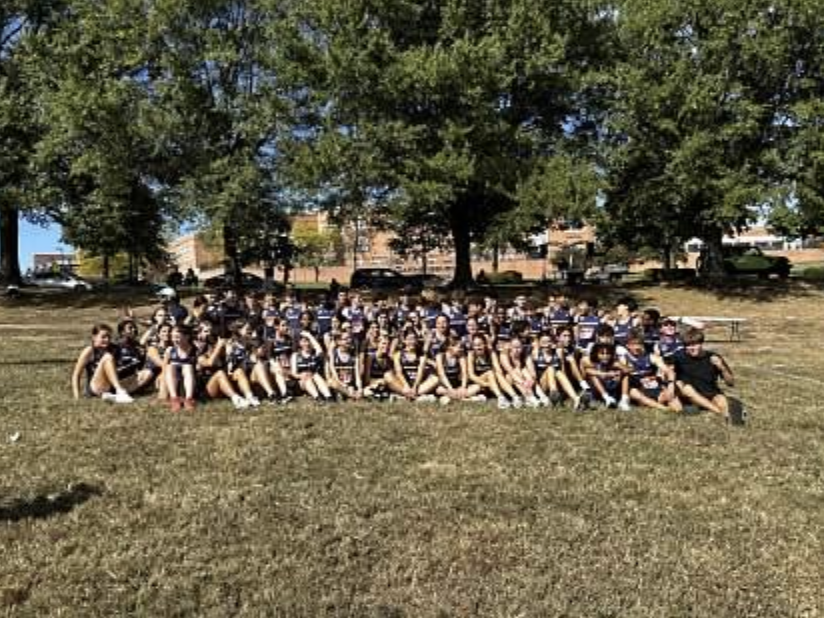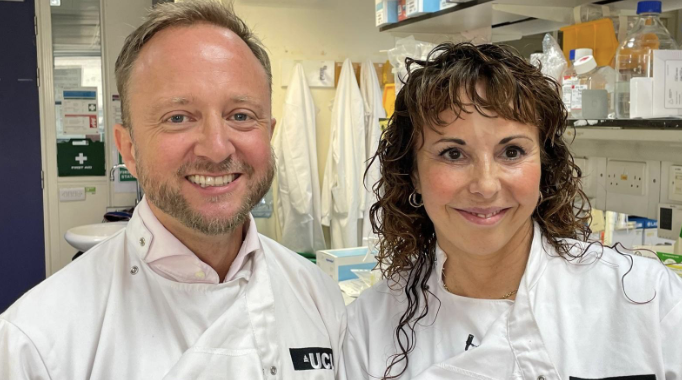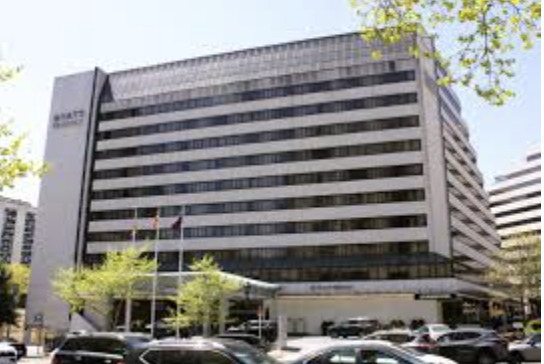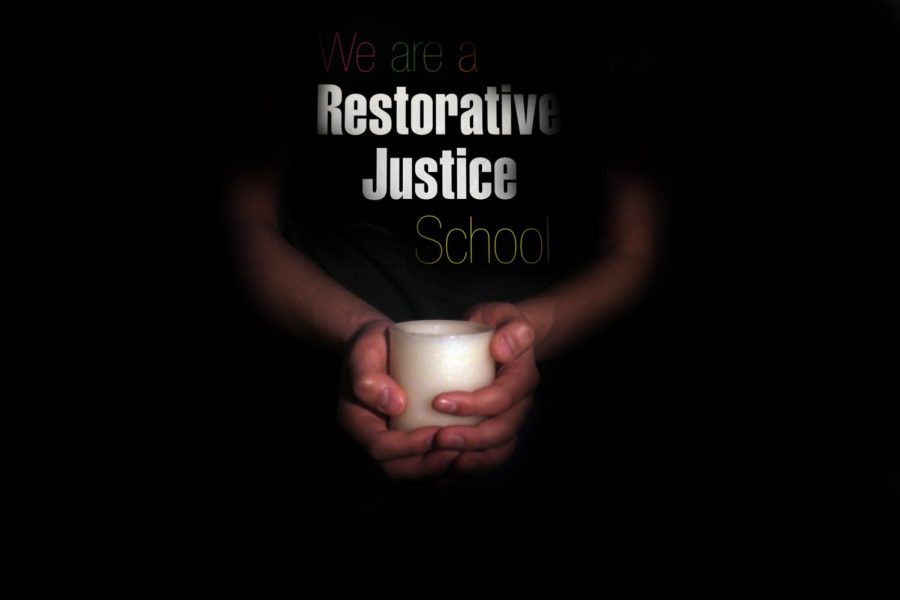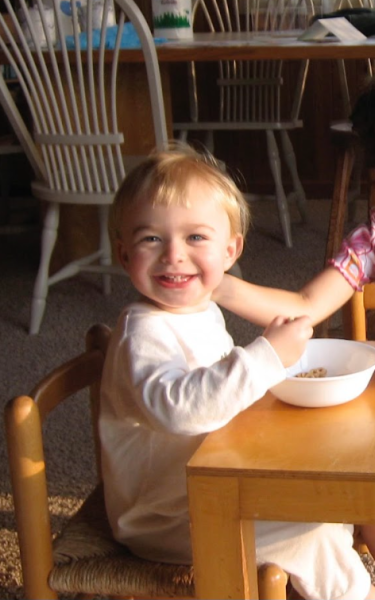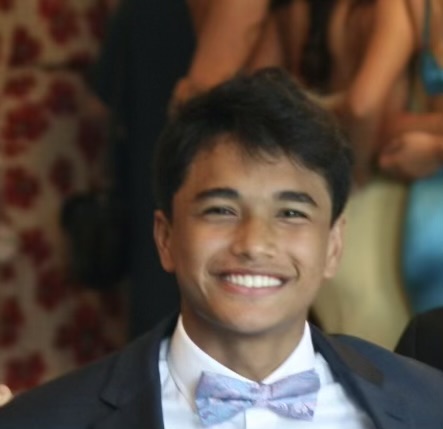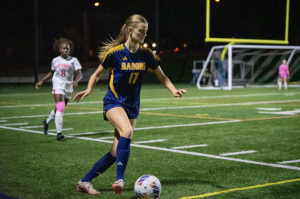Restorative Justice: An In-Depth Look in Response to Alleged Hate-Bias Incidents at B-CC
“Until every student feels the school genuinely wants to help them and is willing to hear them without simultaneously passing personal judgment, the adults have not succeeded—both in the school and the larger family community.”
March 14, 2023
“I think for the most part, no one really took it seriously, cause again, it was all just a big joke. I mean, it shouldn’t be,” said an anonymous B-CC student after a Restorative Justice session.
This student is not alone in their view. The emergence of Restorative Justice as a common mode of discipline has even prompted national papers like the Washington Post to take aim at the practice. A recently-penned Op-Ed in the Post attacks Restorative Justice as sounding like “something you’d do at a spa for 300 bucks an hour.”
However, its effectiveness has serious implications, especially within the B-CC community following various incidents at the school.
On February 10, B-CC Principal Shelton Mooney sent out an email informing the community of an alleged “hate-bias event” that had been reported on campus two days prior, February 8. The email gave details of the students’ report of the event and indicated that the school was investigating the incident with the help of third parties, including the Montgomery County Police Department. This message then prompted potential legal action from the accused teacher (see our article on this matter here), who stated to The Tattler, “I did not say those words or anything even remotely resembling them.” While one student was unsure if the comment had a racial bias, according to seven students who stated they were present at the time of the incident, B-CC’s community message accurately reflects the offensive nature of the teacher’s alleged comments.
The staff member in question was asked to participate in a Restorative Justice (RJ) Circle led by B-CC RJ officials after being put on administrative leave. The teacher declined, voicing concerns about the partiality of these officials. As a result, the circle was led by an RJ representative from the countywide office, circumventing typical procedure.
The circle started without the teacher present. A student who participated shared that the RJ professional asked them about the incident, if they had any questions or concerns, and “also asked us what we wanted to happen next and what actions we think should be taken.”
The teacher later joined and was informed of the students’ complaints, including a lack of professionalism and sensitivity on the teacher’s part. One student present said the teacher “did not really react besides a few head nods.” This left the same student feeling that the RJ circle didn’t “really restore the class in any way. If anything, it made it more difficult for us.”
Along with the potential lawsuit following RJ procedures, many schoolwide groups and leaders are speaking out against the practice. Spencer Johnson, Event Planner of B-CC’s Black Student Union voiced to The Tattler, “Unfortunately, Restorative Justice in situations of discrimination often are just a slap on the wrist to the perpetrator.”
Another alleged hate-bias incident was reported within the school on December 15; however, the broader B-CC community was not informed of the event. This incident involved alleged antisemitism that was later reported to the Anti-Defamation League on January 4. In a video obtained by The Tattler, the teacher can be heard saying, “the economy of Germany, at that time, was controlled by the Jews.” A student from the class who wishes to remain anonymous shared that previously, “this girl in our class who’s Jewish… said that she was Jewish, and [the teacher] said, ‘Yeah, I knew it,’ but never said why he came to that conclusion.”
After reporting the incident to administration, the students were brought into an RJ circle on January 9, with some students unaware that the circle was happening: “I thought we were about to take a test. The fact that [RJ] was taking place was a complete surprise,” a student reveals. Prior to the circle, an email sent by Administrator Rebecca Sutton to students and parents in the class stated that “we [B-CC administration] are still investigating the incident and working on restorative measures we can take to support the class.” Sutton shared with The Tattler, “we open all circles by expressing that they are voluntary, but have recently heard from students that they were unclear on how to excuse themselves, so we are working on improving the language around that to make it more clear as to how they excuse themselves.”
After being asked if progress was made by the circle, Ms. Sutton stated, “We had multiple students from the class come up to me and [the RJ coach] and thank us for the circle.”
A student who participated in the circle shared that they felt “it was so much more about keeping [the teacher’s] job than… actually… educating [them].”
Montgomery County Council Vice President Andrew Friedson shared with The Tattler, “Restorative approaches must involve everyone: the aggrieved and the aggressors. In alleged hate-bias incidents, there are concentric circles of harm, which often go beyond the parties directly involved in the specific incident.” This sentiment is reflected in MCPS’ official description of Restorative Justice as “ an approach to building community, self-care, and conflict resolution that allows students to actively engage and problem-solve physical, psychological, social and disciplinary issues that affect themselves and the community.”
When asked to comment on B-CC’s response to the recent alleged hate-bias incidents, PTSA President Lyric Winik shared, “Until every student feels the school genuinely wants to help them and is willing to hear them without simultaneously passing personal judgment, the adults have not succeeded—both in the school and the larger family community.”
Lisa Taylor, the B-CC PTSA Vice President and Chair of the Montgomery County Committee Against Hate/Violence, commented, “Restorative Justice is as effective as those who implement and engage in the process.” She added, “We have a lot of work to do, as is evident by reading the news. I am encouraged by the program at B-CC but know that it is a work in progress.”


